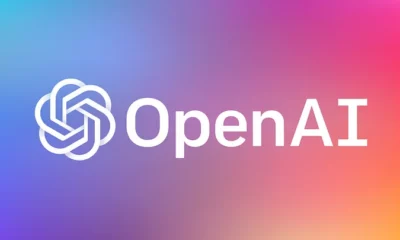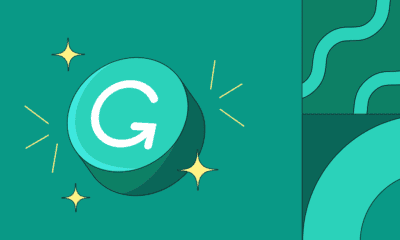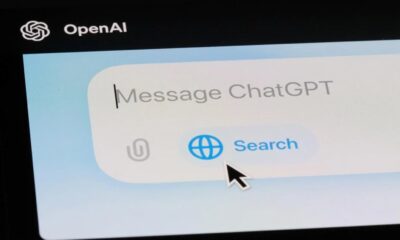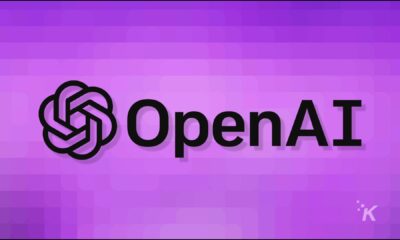AI
People are ditching friends for AI chatbots and it’s getting weird
OpenAI’s latest creation, GPT-4o, has raised concerns about its ability to inspire emotional connections in its human users, leading to questions about the impact on real human relationships.

Just a heads up, if you buy something through our links, we may get a small share of the sale. It’s one of the ways we keep the lights on here. Click here for more.
It seems we’ve found a new way to fill the void in our hearts: by befriending AI chatbots.
OpenAI, the geniuses behind the wildly popular ChatGPT model (and most certainly not Sam Altman), have raised the alarm about their latest creation, GPT-4o, and its uncanny ability to inspire emotional connections in its human users.
Early testers of GPT-4o have been pouring their hearts out to the chatbot, with comments like “This is our last day together” that suggest they’re forming some kind of bond with the AI. It’s enough to make you go “aww,” but OpenAI is looking harder at what this could mean for our real-life relationships.
The company thinks that chatting with a human-like AI could change the way we interact with actual humans. Here’s what OpenAI had to say in a blog post:
“While these instances appear benign, they signal a need for continued investigation into how these effects might manifest over longer periods of time,” the company concluded.
On the bright side, this could be a total game-changer for all the lonely hearts out there. But let’s be real, it could make us even more allergic to the messy, beautiful chaos of actual human connection. Who needs that drama, right?
So, what makes GPT-4o so charming?
For starters, the chatbot can respond to voice inputs in 320 milliseconds—that’s basically as quick as a human conversation.
It’s also way better than its predecessors at understanding vision and audio, and it’s a whiz with non-English languages. Seriously, look how natural this voice sounds.
As AI becomes more sophisticated, we must figure out how to handle these budding human-AI relationships. OpenAI is trying to learn from past models while monitoring the emotional fallout. They’re even using a scorecard system to keep their technology in check.
But as we invite chatbots deeper into our lives, the big question remains: what does this mean for how we connect with each other? The benefits of having an AI BFF are clear, but the long-term effects are still a mystery.
One thing’s for sure: as AI gets better at mimicking human connection, we’re going to have to get a lot better at understanding what that means for our own relationships. Buckle up, folks – the future of friendship is here, and it’s got a circuit board for a heart.
What do you think about the rise of emotional connections with AI chatbots like GPT-4o? Do you believe they can enhance our lives, or do you worry about the impact on real human relationships? We want to hear your perspective! Leave a comment below
Editors’ Recommendations:
- OpenAI has a secret tool that detects ChatGPT-written essays
- OpenAI launches SearchGPT, an AI-powered search engine
- Apple’s new partnership with OpenAI brings ChatGPT to Siri
- OpenAI unveils GPT-4o: Everything you need to know































